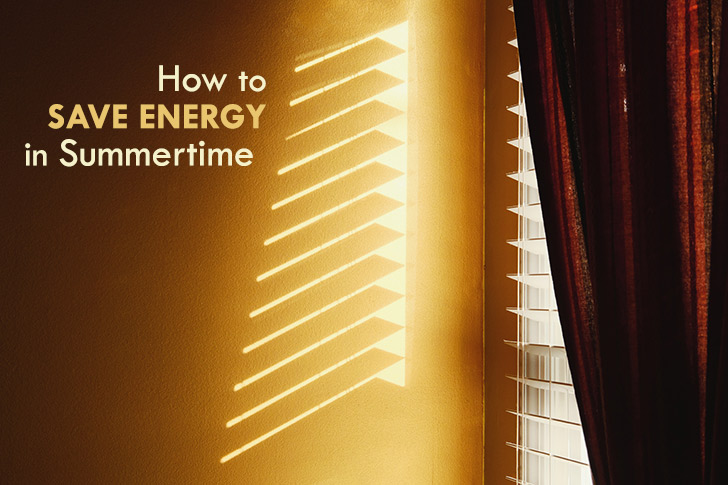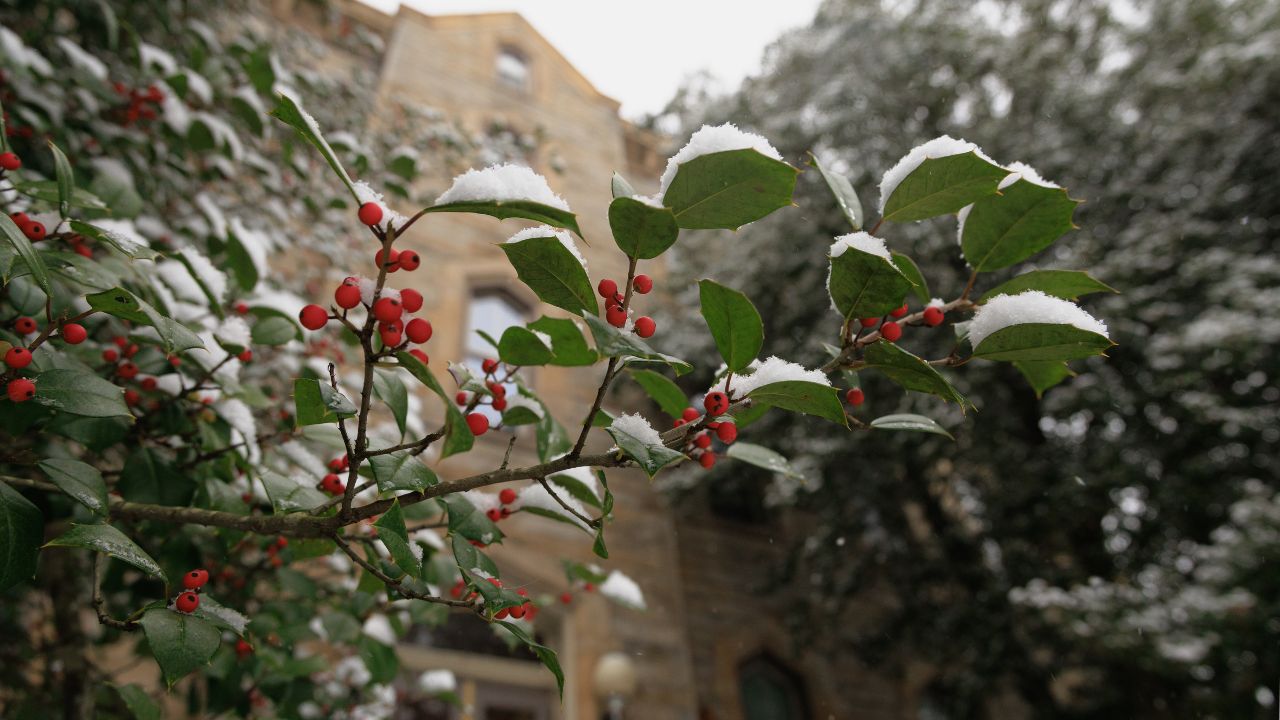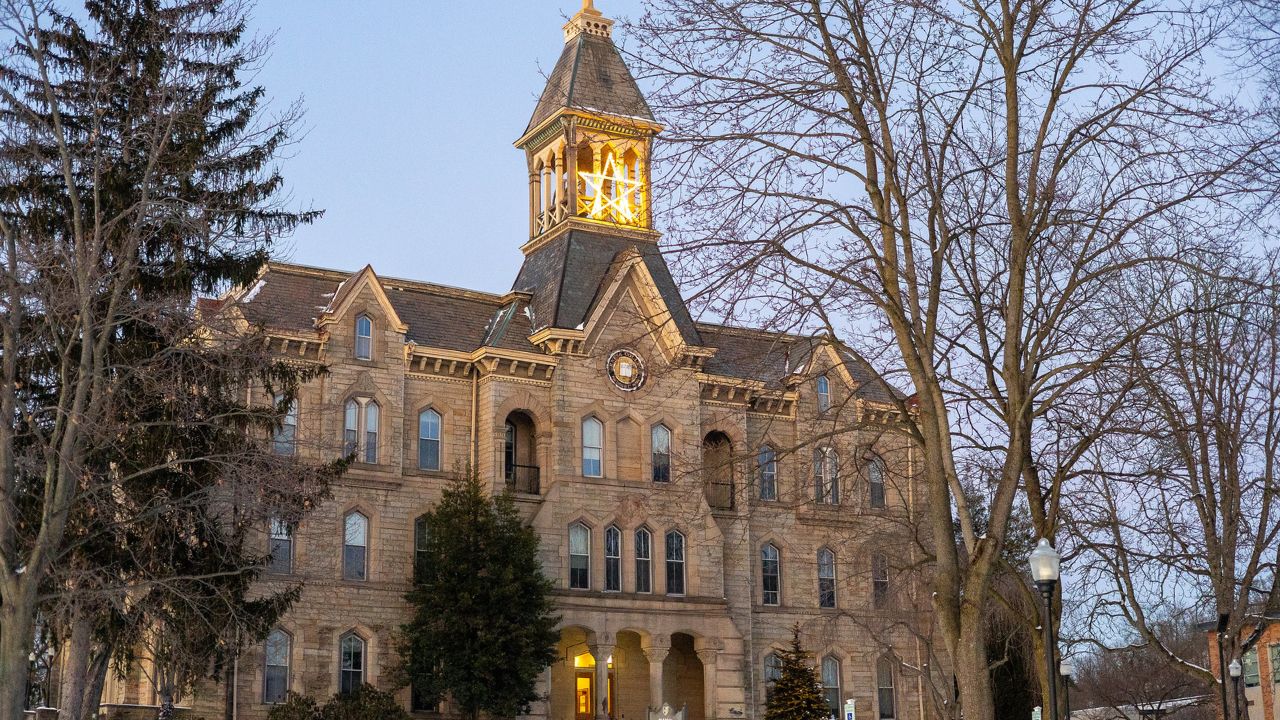
Everyone loves the summertime; the warm sunlight, the vacations, swimming pools and baseball are just a few American favorites from this season. However, in the heat of the summer, it’s easy to use excess energy to stay cool when you’re home all day. Trust me, I live in the Mojave Desert in California.
Staying conscious of your household energy usage can help keep your electricity bills low while limiting your carbon footprint. Here are some tips to stay environmentally conscious and fiscally responsible.
- Check your AC filter
- Dirty AC filters restrict airflow and can cause the system to run longer, increasing energy use. Replace filters monthly for maximum benefit.
- Use LED lightbulbs
- The benefits of replacing your lightbulbs with LED include increased energy efficiency, lower electric bills, a longer bulb life, and a better and safer light source overall. LED bulbs were designed as a more energy-efficient light source, using a semiconductor to convert electricity into light.
- Close your blinds
- Sun coming through your windows can heat up your home and cause energy bills to rise. Draw curtains and blinds during the hottest parts of the day (between 12 p.m. and 4 p.m.), especially if your windows are facing south.
- Avoid using your oven
- Using your oven and stove can raise your kitchen’s temperature by 10 degrees. By heating food in your microwave, you’ll lower the risk of overheating your kitchen and save energy in the process; microwaves use one-third the energy of an oven and produce less heat than other kitchen appliances.
- Seal Your Home
- Insulation isn’t just for the cold winter months. Preventing air leaks is one of the best ways to keep warm air out and cool air in. Simple caulking and weather-stripping can save up to 30 percent on heating and cooling costs.
- Sealing your home against these leaks is easy, effective and relatively inexpensive. Use caulk to seal cracks and openings between stationary objects like door and window frames. Apply weather-stripping around things that move, such as window sashes and the door itself.
- Be sure to check your attic and basement for air leaks, as these floors have large gaps in insulation or missing weather-stripping. Seal the small cracks with foam or caulk. For larger holes, you may need to install or replace insulation.
Responsible stewardship of God’s creation and of the resources He provides is important in the summer. Integrating a faith-based view of stewardship is something Geneva College does as part of its mission. To find out more about Christ-centered, biblically based higher education, visit www.geneva.edu or contact Admissions at 800-847-8255 or admissions@geneva.edu.
-----
Opinions expressed in the Geneva Blog are those of its contributors and do not necessarily represent the opinions or official position of the College. The Geneva Blog is a place for faculty and contributing writers to express points of view, academic insights, and contribute to national conversations to spark thought, conversation, and the pursuit of truth, in line with our philosophy as a Christian, liberal arts institution.
Jul 18, 2020Everyday LivingRelated Blog Posts
Request Information
Learn more about Geneva College.
Have questions? Call us at 724-847-6505.










 Online Course Login
Online Course Login